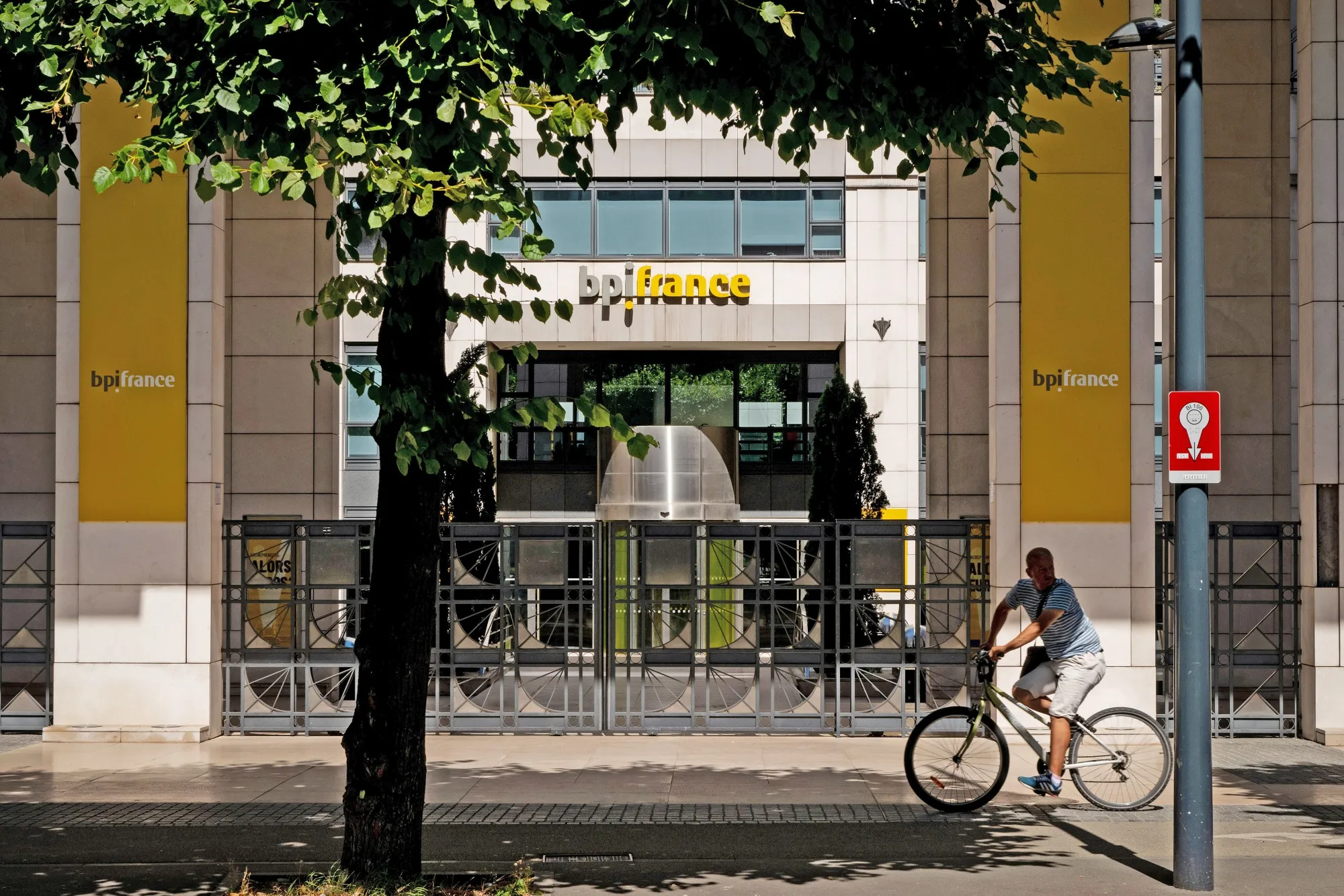Poland’s SMOK Ventures has just closed its second fund, of $25m, to back early-stage SaaS, AI and gaming startups from across central eastern Europe (CEE) and the region’s diaspora abroad.
It’s a welcome sign for the region, which has recently experienced a financing drought that was particularly acute in Poland. A delay of more than a year in EU funding for state-owned fund of funds PFR Ventures left a €426m funding hole in the local venture market last year.
“Fundraising has been tough in 2022 and beyond, especially in CEE,” says Borys Musielak, SMOK’s general partner (GP). “Especially after the Russian invasion of Ukraine, LPs have become very cautious around geopolitics and less eager to take risks.”
Where will the money go?
SMOK wants to invest in 25-35 pre-seed and seed startups from CEE — including the region’s diaspora anywhere in the world (especially the US) — with a focus on SaaS startups working on development tools, games and AI solutions.
The fund writes cheques of $100k-1m. It usually leads rounds at pre-seed and co-leads at seed. It will also do follow on rounds.
What’s SMOK’s track record like?
SMOK has spent the past year already deploying money from its second fund. It has invested in 12 startups from Poland, Ukraine, Czechia, Croatia, Bulgaria, Latvia, Serbia and Bosnia. Deals include Poland’s Gotiva, Croatia’s 57hours and Ukraine’s Finmap.
SMOK’s first fund invested a total of €9m in 24 startups between 2020 and 2022, including deals into well-known Polish ventures SunRoof, Vue Storefront, and inStreamly.
Who has SMOK raised money from?
In its first close over a year ago, the VC raised money from more than 60 private LPs — most of them entrepreneurs from the region, including founders of three unicorns.
SMOK’s financial boost at final close comes from PFR Ventures — but the money it has received doesn’t involve EU funds and is instead from PFR’s separate investment pocket.



